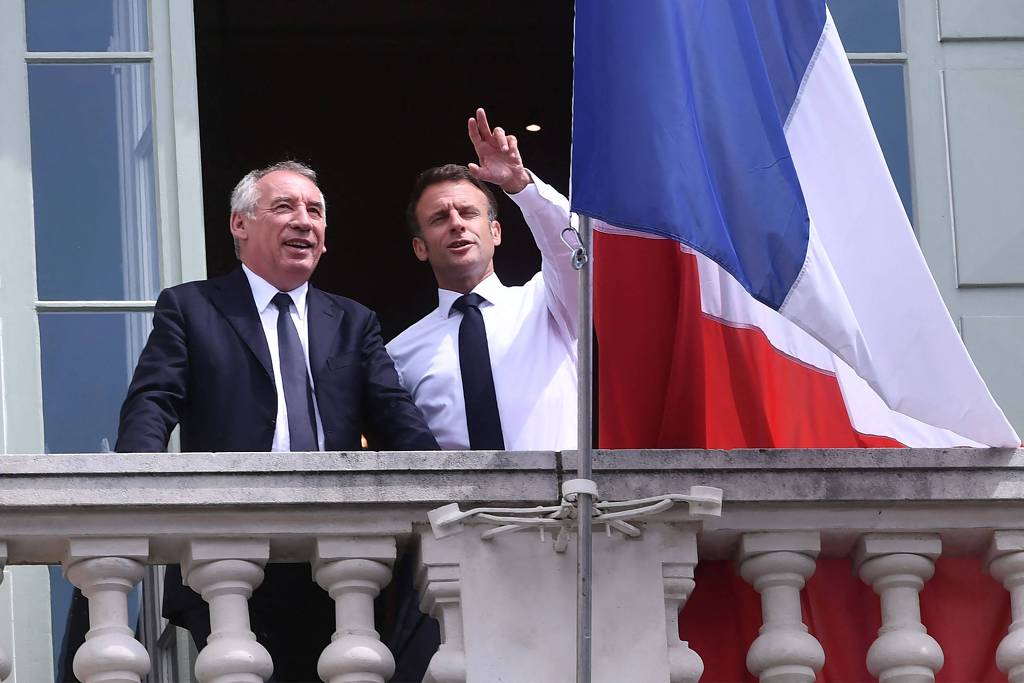
Published 13/12/2024 11:01 | Edited 12/13/2024 11:37
The President of France, Emmanuel Macron, announced this Friday morning (13) François Bayrou as the new chosen one to occupy the position of Prime Minister of the country. Bayrou will succeed Michel Barnier, the shortest-serving prime minister since 1958, who lasted just 90 days in office.
Experienced in French politics, Bayrou became Minister of Education between 1993 and 1997 when the president was François Mitterand, from the Socialist Party. Today, Bayrou is the leader of MoDem, a right-wing party that is part of the Macronist coalition, and an early ally of the president.
The new prime minister “will have the task of talking to all political parties”, excluding the National Rally and Unsubmissive France, “in order to find the conditions for stability and action”, Macron’s advisers told AFP.
The appointment ends eight days of the resigning government this December. In total, since June 9, when Macron took the controversial decision to dissolve the Assembly following the rise of the right in the European parliamentary elections, 75 days of government have been lost, something unprecedented in the history of the Fourth and Fifth Republics.
During these periods, public administration functioned precariously, with works halted and payments postponed. Planning for the 2025 budget, which Barnier tried to approve by bypassing Congress, a constitutional maneuver that provoked a motion of no confidence and the end of his government, was hampered by the lack of previous decisions.
Last European summer, France hosted the Olympic Games in Paris with a resigning cabinet.
Bayrou even ran for president of France in 2002, 2007 and 2012. In 2017, he supported Macron’s candidacy, helping to form an alliance between MoDem and the president’s Renaissance party.
In France, the president and prime minister govern together and are elected in separate elections — the president is elected by direct vote, while the prime minister is nominated by the party that wins the parliamentary elections. The president, however, has the prerogative to appoint a prime minister other than the name indicated by Parliament.
This Friday, after the announcement, the left already said it was against the nomination — having won the elections, the group wants a leftist name, which Macron denies — and stated that it will block Bayrou’s government in Parliament.
The leader of the far right, Jordan Bardella, stated that he will make the same restrictions as he did with Barnier’s government — his party also blocked Barnier’s Budget proposal and joined the left to vote on the motion of censure against him.
The new prime minister is also expected to present his list of ministers in the coming days. But his proximity to Macron, who is currently facing a strong crisis of unpopularity, could make the new government difficult.
Source: vermelho.org.br

